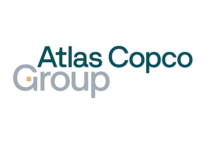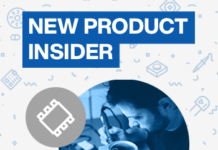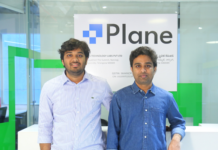
- Expertise as well as willingness to learn and change on the part of the employees are becoming key factors in competition
- Continental and the Group Works Council strengthen social partnership and pledge their commitment to the digital qualification of the employees
- Shared position paper lays foundation for lifelong learning and further training culture
Together with the Group Works Council, Continental has approved a position paper on employee qualification in order to give them the necessary skills for the digital transformation. Digitalization is changing the working world at a dramatic rate. Technologies and business models are changing just as profoundly as job profiles, workflows and processes. In order to use these, employees’ expertise, their curiosity and openness, their willingness to learn and change are of central importance. It is therefore necessary to strengthen their basic positive attitude toward digitalization as well as their digital skills.
“Continental wants to strengthen the social partnership with the Group Works Council, particularly in times of structural change. We have therefore developed a position paper together, one that anchors a culture of integrated, lively learning and further training in everyday working life,” said Executive Board member for Human Relations, Dr. Ariane Reinhart. The guidelines initially apply in Germany; regulations for other countries are in preparation. “We are relying on the dedication of our more than 233,000 employees to actively take on responsibility for creating the digital transformation with a high level of willingness to learn,” explained Reinhart.
“Digitalization means more than interconnectivity, data and software. A willingness to accept the digital transformation, to develop with it and to see it as an opportunity for personal development is of considerable importance for our company,” emphasized Frank Michael Hell, Chairman of the Group Works Council.
“Continental takes the concerns and reservations that come with the digital transformation seriously. We are convinced that learning must be integrated into everyday working life. This gives a sense of direction, and uncertainty or excessive demands yield to the certainty that employees are capable of mastering the changing conditions,” said Hell.
Different types of imparting knowledge interact with each other in everyday working life at Continental: Training programs, certified further education, e-learning and learning forums in social networks are just as much a part of this as foreign assignments, job rotation and special projects outside of one’s own area of activity. These approaches support networking and train people to think outside the box. “For all qualification measures at Continental, the following applies: Anyone who treads a new path is permitted to make mistakes. We see mistakes as a learning opportunity and offer our employees room for experimentation in which they can incorporate their ideas and work together across disciplines – without any restrictions on people’s ideas. Trying new things out is expressly desired,” explained Reinhart.
In order to determine the exact skills that are required, Continental uses instruments such as strategic workforce planning and big data analyses. This means that the necessary skills measures can be identified and implemented at an early stage. This includes creating new training and job profiles. Two years ago, Continental created the new training profile for the “mathematical-technical software developer” as well as the further training program for the “automotive software technician” together with industry and trade chambers as well as the German Federal Institute for Vocational Education and Training (BIBB).



















